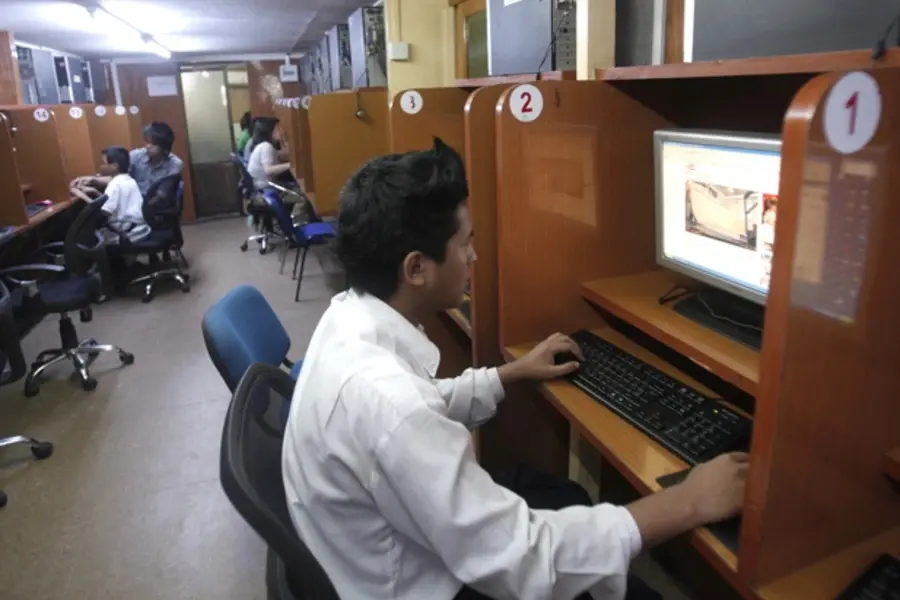Why Young Democracies Fear YouTube

More on:
In the Washington Post yesterday, Craig Timberg and Paula Moura described the recent jailing of a top Google executive in Brazil, and explored the broader trend of so-called democracies’ attempts to restrict Internet freedom. While China’s construction of the “Great Firewall” and Iran’s internet blackouts tend to grab headlines, democracies around the word are allthewhile taking their own measures to block content. As the Post article notes: “The struggle over free speech is playing out most vividly today in countries that are America’s friends rather than its enemies, in nations where the right of expression is embraced in concept but often rankles in practice.”
In a March piece for the Boston Globe, “How Democracies Clamped Down on the Internet,” Elizabeth Leader and I noted that in Reporters without Borders’ “Internet Enemies Report 2012,” eight of the fifteen offenders listed as “under surveillance” for dubious Internet policies were electoral democracies. I’ve also blogged about how’s Google’s Transparancy Report has shed light on governments’ attempts to surpress content deemed politically threatening —such as in Thailand, where the government has filed hundreds of appeals to remove YouTube videos considered critical of the monarchy. At the 2011 Conference on Internet Freedom, Secretary of State Hillary Clinton warned “we have to make sure that human rights are as respected online as offline.” But whether the Internet is actually the vehicle for worldwide democracry advancement that it has been lauded to be remains to be seen; in fact, as this startling trend suggests, the Internet might just be democracy’s biggest threat.
More on:
 Online Store
Online Store
